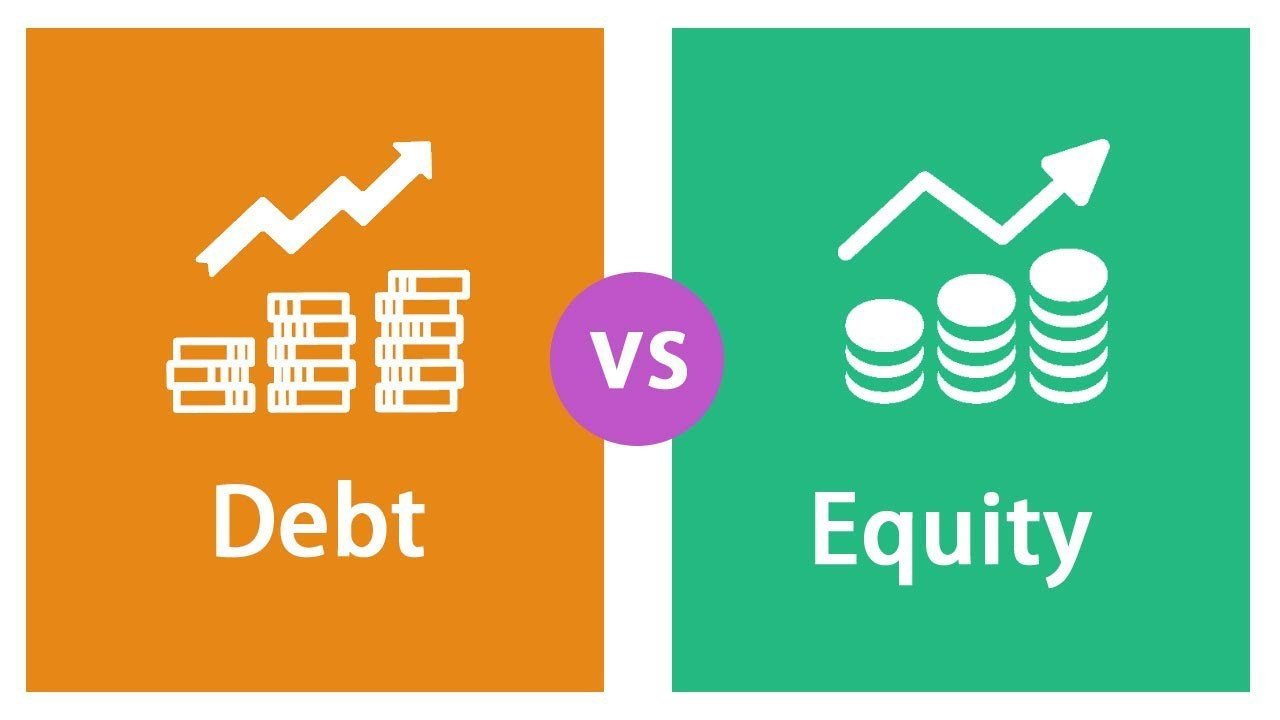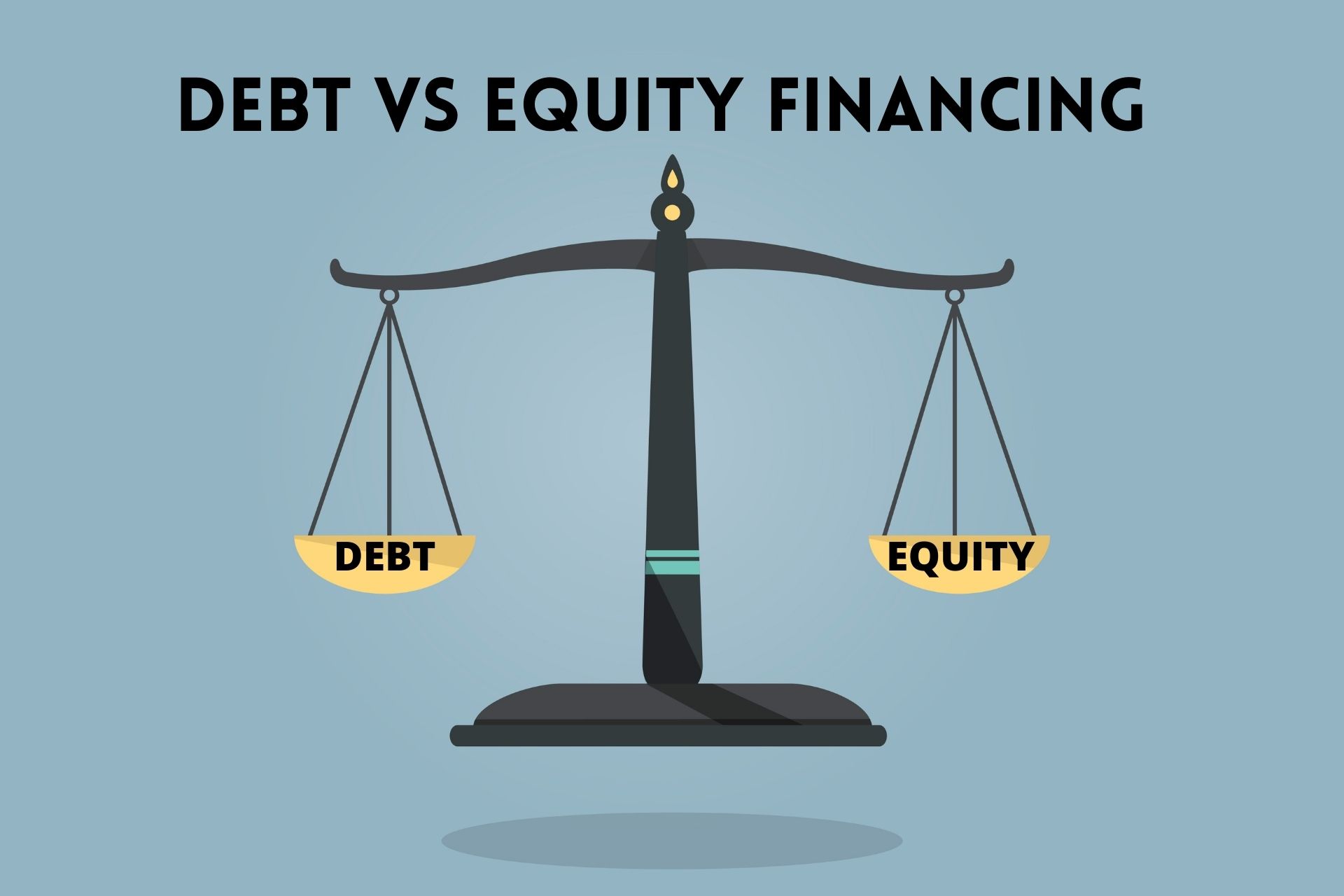When it comes to building long-term wealth, investors face a fundamental choice between debt and equity investments. This decision can significantly impact your financial future, as each option offers distinct advantages and risks that align differently with various investment goals and timelines.
Debt investments, such as bonds, certificates of deposit, and treasury securities, provide predictable returns through regular interest payments. These fixed-income instruments offer stability and capital preservation, making them attractive for risk-averse investors seeking steady income streams. On the other hand, equity investments involve purchasing ownership stakes in companies through stocks, mutual funds, or exchange-traded funds, offering the potential for higher returns but with increased volatility and risk.
The choice between debt and equity isn’t just about risk tolerance—it’s about understanding how each asset class fits into your wealth-building strategy. While debt provides certainty and income, equity offers growth potential that can outpace inflation over time. Smart investors often combine both asset classes to create a balanced portfolio that maximizes returns while managing risk effectively.
Understanding Debt Investments for Wealth Building
Debt investments represent loans you make to governments, corporations, or other entities in exchange for regular interest payments and the return of your principal at maturity. These fixed-income securities provide several advantages for wealth accumulation.

Predictable Income Streams
The primary benefit of debt investments lies in their predictability. When you purchase a bond or certificate of deposit, you know exactly how much income you’ll receive and when you’ll get your principal back. This certainty makes debt investments excellent for investors who need regular income or those approaching retirement.
Capital Preservation
Debt investments typically offer better capital preservation than equities, especially high-grade government and corporate bonds. While returns may be lower, the risk of losing your initial investment is generally minimal, making debt suitable for emergency funds and short-term financial goals.
Portfolio Stability
Including debt in your investment portfolio can reduce volatility. During market downturns when equity prices fall, debt investments often maintain their value or even appreciate, providing a stabilizing effect on your total portfolio performance.
Equity Investments: The Growth Engine
Equity investments involve purchasing ownership shares in companies, giving you a claim on their future profits and growth. While riskier than debt, equities have historically provided superior long-term returns for wealth building.
Superior Long-Term Returns
Equity investments have consistently outperformed debt investments over extended periods. Stock markets have historically delivered average annual returns of 8-10%, significantly higher than most debt instruments. This growth potential makes equity essential for long-term wealth accumulation and beating inflation.
Inflation Protection

Unlike fixed-income debt investments, equity values typically rise with inflation. Companies can adjust their prices and revenues to match inflationary pressures, protecting your purchasing power over time. This characteristic makes equity investments crucial for maintaining real wealth growth.
Compounding Benefits
Equity investments offer powerful compounding opportunities through reinvested dividends and capital appreciation. Over time, this compounding effect can dramatically increase your wealth, especially when investments are held for 7-10 years or longer.
Risk Considerations and Time Horizons
The choice between debt and equity largely depends on your investment timeline and risk tolerance. Understanding these factors is crucial for making informed decisions.
Short-Term vs Long-Term Goals
For short-term financial goals (1-3 years), debt investments provide better stability and capital preservation. However, for long-term wealth building (7+ years), equity investments typically offer superior growth potential despite short-term volatility.
Risk-Return Trade-offs
While equity investments carry higher risk, this risk diminishes significantly over longer time periods. Historical data shows that holding equity investments for 7-10 years considerably reduces the probability of losses while maximizing growth potential.
Creating an Optimal Investment Strategy
The most effective approach to wealth building often involves combining both debt and equity investments in a diversified portfolio. This balanced strategy can help optimize returns while managing risk.
Age-Based Allocation
A common rule suggests subtracting your age from 100 to determine your equity allocation percentage. For example, a 30-year-old might hold 70% equity and 30% debt, while a 60-year-old might prefer 40% equity and 60% debt.
Regular Rebalancing
Periodically rebalancing your portfolio ensures your asset allocation remains aligned with your goals and risk tolerance. This disciplined approach can enhance long-term returns while maintaining appropriate risk levels.
For growing wealth effectively, equity investments generally provide better long-term potential, while debt investments offer stability and income. The optimal strategy combines both asset classes based on your individual circumstances, timeline, and financial objectives.
